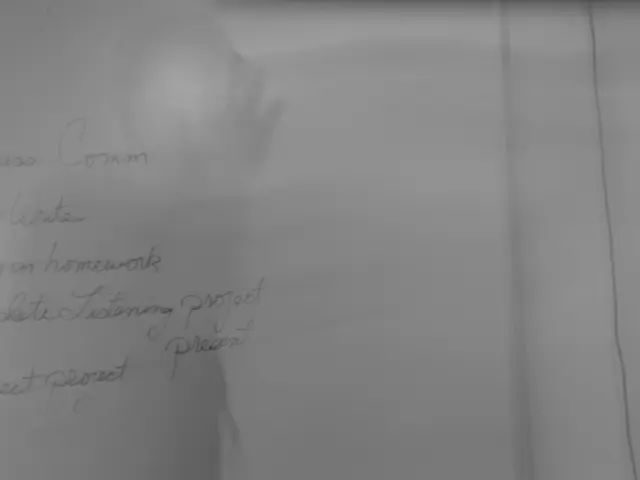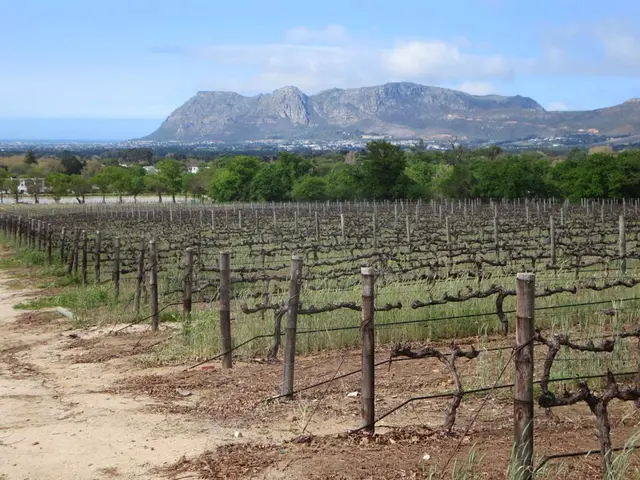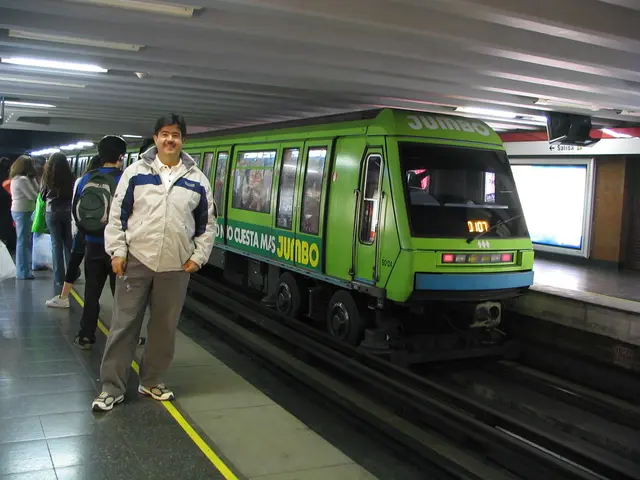Discussion on levies imposed on heating materials
Residents of Astana are advised to monitor the official website https://astana-energy.kz for further details regarding changes in utility tariffs. In a significant development, the tariff for heat energy production will undergo a reduction starting September 1, 2025.
The Department of Regulation of Natural Monopolies and Prices, under the leadership of Kairat Nurlan, has announced that the tariff for heat energy production will be 2,703.81 tenge per 1 Gcal without VAT from September 1 to December 31, 2025. This represents a reduction of 3 tenge compared to the current tariff of 2,707.06 tenge.
The reduction amounts to 3.25 tenge, a move that is part of an ongoing investment program, but not a part of a new investment program. The tariff reduction is a result of an underperformance of Astana Energy LLP's tariff budget by 31,754,000 tenge.
The planned works have been completed and will be fully finished by the start of the heating season, as previously announced. However, there is no concrete information about temporary compensatory tariffs starting September 1, 2025, for heat energy production in Astana.
It is worth noting that the utility tariffs in Kazakhstan, including for heat energy, are generally expected to increase by 20-30% next year (2025-2026) as part of a national modernization effort of the energy and communal services sector. This increase is planned to be partially subsidized by the state to reduce the burden on consumers, with only about a 10% net increase passed on to customers.
Residents are encouraged to stay informed and keep a close eye on updates from the relevant authorities for a clearer picture of the future tariff landscape.
- The reduction in heat energy production tariff in Astana, a move initiated by the Department of Regulation of Natural Monopolies and Prices, is part of an ongoing investment program within the industry.
- Despite the impending increase in utility tariffs across Kazakhstan next year, the finance sector is expected to partially subsidize the growth to ease the burden on consumers, with the energy sector being one of the affected areas.




